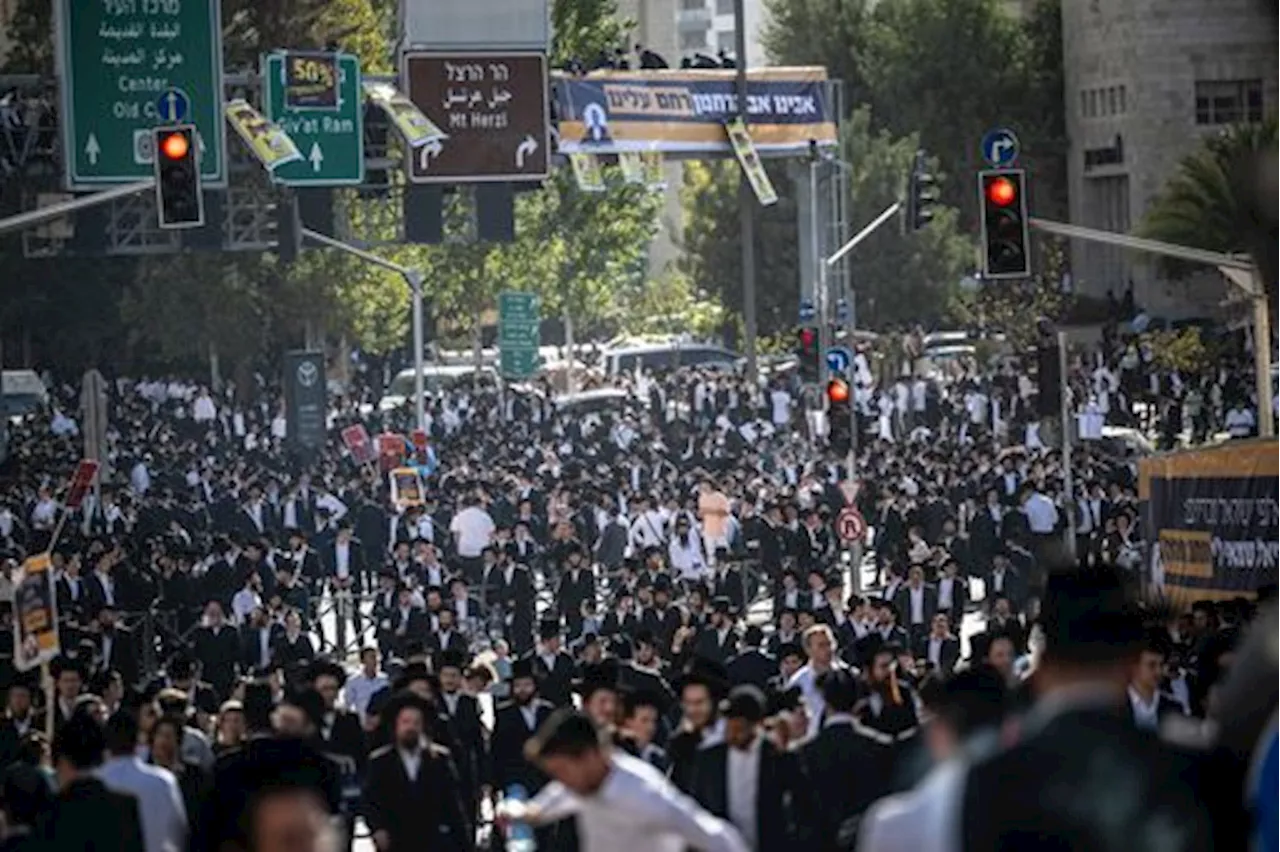The International Committee of the Red Cross (ICRC) has successfully facilitated the transfer of three bodies to Israeli authorities, marking the first such return since hostilities resumed earlier this month. This operation underscores the ICRC’s role as a neutral intermediary and highlights ongoing humanitarian challenges in the region.
On March 7, 2024, the ICRC confirmed the transfer, noting it occurred “at the request and with the approval of the parties involved.” The organization emphasized that the identification of the remains will be carried out by Israeli authorities, stating, “The ICRC does not take part in locating the remains.” Their involvement was strictly limited to facilitating the transfer process.
International humanitarian law dictates that it is the responsibility of the conflicting parties to search for, collect, and return the deceased. This action represents a rare instance of cooperation between the opposing sides since the resumption of fighting. Humanitarian agencies continue to advocate for broader access to affected areas, aiming to address the needs of those impacted by the conflict.
The ICRC has previously managed similar exchanges in conflicts involving Israel, Gaza, and Lebanon, often serving as a crucial communication channel between adversaries during active hostilities. The organization reiterated, “The parties must act to ensure their return to their families,” stressing that its neutral role can only be fulfilled through cooperation from all involved parties.
Despite the transfer’s significance, Israeli officials have yet to release details about the identities of the deceased or the specific circumstances surrounding the transfer. As the situation evolves, the ICRC remains committed to its mission of adhering to international humanitarian laws and ensuring the dignified treatment of the deceased.
This recent development comes as the Israeli Defense Forces (IDF) announced a temporary resumption of ceasefire following strikes in the Gaza Strip. The complex dynamics of the ongoing conflict highlight the challenges faced by humanitarian organizations in ensuring compliance with international standards while navigating the realities of war.
The ICRC’s long-standing history of overseeing body transfers reflects its vital role in conflict zones, acting as one of the few remaining avenues for communication and coordination between conflicting parties. The organization continues to work towards facilitating humanitarian efforts, even amid the complexities of renewed hostilities.
